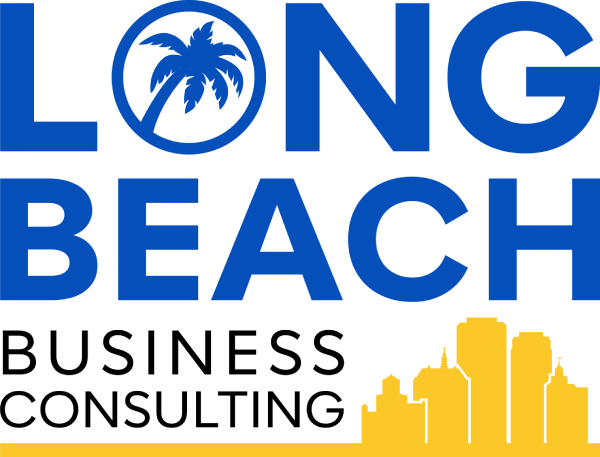For students eager to break into marketing, the abundance of career paths can feel overwhelming. However, an overlooked yet powerful entry point is face-to-face sales. While often viewed as a stepping stone, it can serve as a springboard for long-term success in various marketing career opportunities. From developing communication prowess to gaining firsthand customer insights, face-to-face sales cultivates invaluable skills that employers currently seek.
This article will teach you how to use face-to-face sales as a foundation for flourishing in marketing roles. It will break down the skill sets acquired, the career paths that become accessible, and the strategies to move from field roles into corporate marketing leadership.
What Do People in Marketing Do?
The field of marketing has evolved drastically over the past decade or so, and today’s professionals are expected to wear many hats. Gone are the days when marketers were solely focused on advertising slogans and print campaigns. Nowadays, marketing is a multidisciplinary function that combines creativity, technology, psychology, and data analysis.
Key Responsibilities:
- Data Analysis: Using tools like Google Analytics to track performance and make data-driven decisions.
- Brand Management: Shaping how customers perceive the company through storytelling and consistent messaging.
- Customer Journey Optimization: Improving every touchpoint—from website experience to follow-up emails—to increase conversions and satisfaction.
- Campaign Execution: Running targeted promotions across digital and traditional channels, including paid ads, email, and events.
- Collaboration: Working closely with sales, product, and customer service teams to align goals and messaging.
Why Start With Face-to-Face Sales?
Immediate Exposure to Real Consumers
One of the main benefits of face-to-face sales is immediate, unfiltered access to customer reactions. Unlike digital marketing—where results are often measured through dashboards and data analytics—face-to-face sales lets you witness how people respond to products, pitches, and branding in real time. This feedback loop sharpens marketing instincts early on.
Skill Development That Translates
Face-to-face sales builds a strong set of foundational skills:
- Communication and persuasion
- Problem-solving on the spot
- Reading nonverbal cues
- Handling objections gracefully
- Developing empathy and emotional intelligence
These competencies are useful in sales; they’re also a must in roles like brand management, advertising, customer experience, and strategic marketing.
Building Confidence and Resilience
Cold outreach, rejections, and unpredictable customer interactions teach resilience. You’ll learn not to take rejection personally and instead use it to refine your approach. Over time, thick skin and confidence become key assets in corporate boardrooms and marketing strategy meetings.
Marketing Career Paths Opened by Face-to-Face Sales
1. Brand Ambassador to Brand Manager
Brand ambassadors interact with consumers directly by handing out samples, educating customers, and promoting awareness. Over time, this ground-level understanding of what resonates with customers can transition into brand management roles.
Brand managers develop positioning, oversee campaigns, and make strategic decisions based on consumer behavior insights—the very insights developed in the field.
Skills Carried Over:
- Understanding of brand perception
- Grassroots campaign execution
- Consumer psychology
2. Customer Interaction to Market Research
People who start in sales naturally gain observational skills. They notice patterns in consumer objections, hesitations, and purchase drivers. These are transferable to market research roles, where professionals study customer behavior, segment audiences, and identify market gaps.
Next-Step Roles:
- Market research analyst
- Consumer insights specialist
- Competitive intelligence associate
3. Event Marketing to Experiential Strategy
Pop-up events, product demos, and trade show booths are common assignments in face-to-face sales. Those who master event logistics, crowd engagement, and on-the-spot promotion can transition into experiential marketing. These professionals design memorable brand experiences that align with broader marketing goals.
Growth Opportunities:
- Experiential marketing coordinator
- Event strategy associate
- Trade show campaign manager
4. Field Sales to Account Management
Working with leads and closing deals in person translates seamlessly into account management. These roles require nurturing business relationships, upselling services, and understanding client needs over the long term.
Career Bridge:
- Entry-level sales → Junior account executive → Account manager
- Often leads to: Client success manager, strategic partnerships manager
How Face-to-Face Sales Sets You Apart in Job Applications
Proof of Performance
Unlike theoretical knowledge from marketing classes, face-to-face sales provides quantifiable results. You can present performance metrics—such as conversions, lead volume, or ROI—as evidence of your marketing acumen.
Example Resume Line:
“Converted 40% of cold leads to paying customers through targeted product demonstrations and strategic objection handling.”
Unique Talking Points
Interviews become easier when you can speak from experience. Sharing stories of high-stakes customer interactions, overcoming challenges in the field, or pivoting messaging on the fly demonstrates initiative and flexibility.
Professional Maturity
Oftentimes, students who have tackled live customer environments may exhibit more confidence and maturity than peers with purely academic or internship experience. Recruiters and hiring managers notice this from the get-go.
Transitioning From Face-to-Face Sales to Corporate Marketing
Leverage Internal Mobility
Many companies with field teams have corporate marketing departments. Those who start in sales can inquire about lateral moves or upward transitions after six months to a year of strong performance. These transitions often come with additional training and mentorship.
Pro Tip: Express interest early. Let your manager know you’re interested in marketing strategy or digital campaigns down the line.
Formal Education and Certifications
Pairing face-to-face experience with online certifications (such as Google Analytics, HubSpot, or Meta Blueprint) makes students more competitive for office-based marketing roles. These tools complement real-world experience with data and automation knowledge.
Create a Marketing Portfolio
Be sure to document the campaigns you’ve executed, customer personas you’ve developed, or promotional strategies you’ve adjusted based on real-time feedback. Portfolios with visuals, results, and context show marketing fluency.
The Long-Term Benefits of a Face-to-Face Start
Strategic Thinking Grounded in Reality
By starting in sales, you’ll have a grounded sense of what works. You avoid marketing fluff and focus on messaging that drives action. This becomes increasingly valuable in leadership roles.
Why It Matters:
- Marketing teams need to align creative ideas with measurable results.
- Former sales reps often push for more targeted messaging and realistic KPIs.
Cross-Departmental Collaboration
Sales and marketing teams must work with sales, product, and customer support teams. People with sales backgrounds may already understand these departments’ pain points and processes.
Better Customer-Centric Campaigns
Having heard customer concerns directly, these professionals create campaigns that speak to actual needs rather than assumptions. They’re also more adept at identifying new customer segments and overlooked use cases.
Tips for Students Interested in Marketing via Face-to-Face Sales
Choose the Right Sales Role
Not all face-to-face sales experiences are the same. Look for opportunities that:
- Involve marketing training
- Offer mentorship or career progression paths
- Expose you to campaign planning or feedback reporting
Ask to Be Involved in Strategy
Request assistance with tracking KPIs, planning field initiatives, or testing variations in pitches. These build strategic thinking and provide talking points for future marketing interviews.
Document Your Successes
Keep a running record of:
- Customer objections you’ve overcome
- Campaigns or promotions that worked best
- Feedback you’ve gathered from the field
- Adjustments you made that improved results
This documentation can supplement your resume, interviews, and portfolio.
Main Takeaway
Pursuing marketing as a career doesn’t always begin in an office. In fact, some of the strongest candidates in the field start in face-to-face sales—where they gain unmatched access to real customer behavior, build persuasive skills, and sharpen their business instincts.
Field roles aren’t a detour; they offer a fast-paced, high-reward environment where future marketers can develop the experience, credibility, and confidence needed to climb the corporate ladder. When paired with the right strategic planning and initiative, these positions can open doors to other roles and industries.
A Starting Point With Lasting Impact
Long Beach Business Consulting Group provides you with more than just a sales opportunity. Our face-to-face sales roles give you the practical skills, leadership training, and mentorship to prepare you for your professional life. Whether you aim to lead brand campaigns, analyze market data, or drive strategy, your journey can start here with the right people by your side.
Apply now to accelerate your growth in direct sales and marketing!


